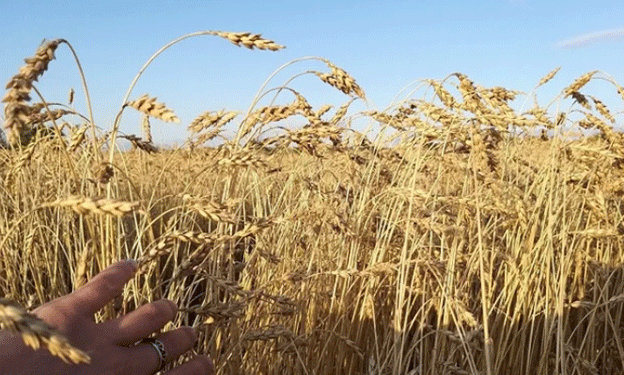As part of its commitment to strengthening regional agriculture, Tyumen has completed the sowing of winter crops in key districts for the 2025 harvest. According to reports, a total of approximately 2,000 hectares have been planted in the Iset, Yurginsky, and Yalutorovsky districts. This marks a significant achievement in the region’s winter crop production, with rye, wheat, and triticale being the primary crops sown.
Crop Breakdown and Seed Quality
The distribution of winter crops sown in the region reveals a focus on rye, which occupies 54% of the total sown area. Wheat follows at 36%, while triticale— a hybrid of wheat and rye— makes up 10%. All seeds used in the sowing process were tested for compliance with state standards by specialists from the Rosselkhozcenter, confirming that a total of 329.05 tons of seeds were of good quality and ready for planting. Notably, the seeds planted are domestic varieties known for their resilience and adaptability to the local climate.
- Wheat: Varieties such as Novosibirsk 51 and Skipetr are used for wheat sowing.
- Rye: Vláda and Pamíti Kúnakbayeva are the selected varieties for rye.
- Triticale: The seed variety SIIRС 57 was chosen for triticale.
This careful selection of seed varieties ensures that the crops are better suited for the region’s climate and soil, enhancing the potential for a successful harvest in 2025.
Regional Agriculture and Future Prospects
The sowing of winter crops is a critical activity for the Tyumen region, as winter wheat, rye, and triticale form the backbone of the area’s agricultural output. The careful selection of high-quality, locally adapted varieties ensures that the region is on track to meet its agricultural goals for the upcoming season. According to agricultural experts, the success of this sowing phase will be pivotal in ensuring the area’s self-sufficiency in grain production and maintaining a stable food supply in the region.
Furthermore, the use of local varieties provides several advantages, including lower costs and better compatibility with regional environmental conditions. In particular, triticale’s ability to thrive in less-than-ideal conditions could become an increasingly important crop as climate change continues to impact traditional farming practices across Russia.
Government Support and Agronomy
The Tyumen region benefits from substantial support for its agricultural development, with the local government providing subsidies and technical assistance to ensure that farmers have access to the best seeds and technologies. This support helps create a robust foundation for the future of the region’s grain production, fostering greater agricultural sustainability and food security.
The completion of winter crop sowing in the Tyumen region is an important milestone for the agricultural sector. The region’s emphasis on quality seeds and strategic crop selection is a positive indicator for a successful 2025 harvest. By focusing on rye, wheat, and triticale, Tyumen is setting itself up to strengthen its position in Russia’s grain market while ensuring food security for its population. Continued investment in research, technology, and crop diversification will be essential to maintaining and enhancing the region’s agricultural productivity.
Error




